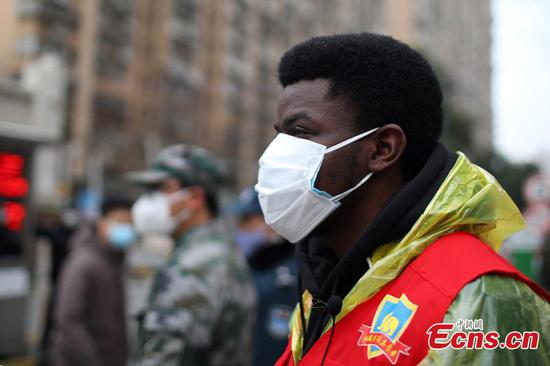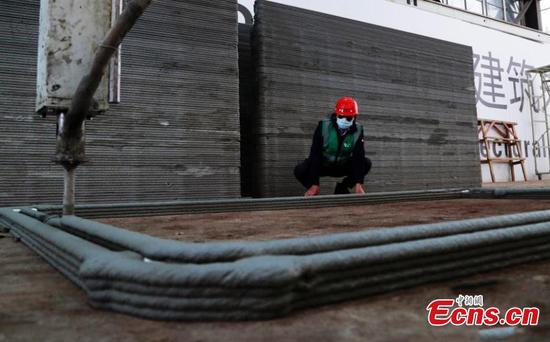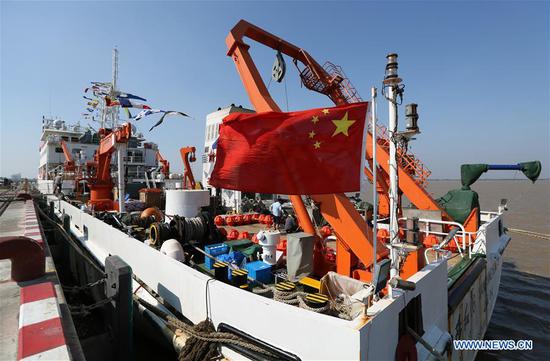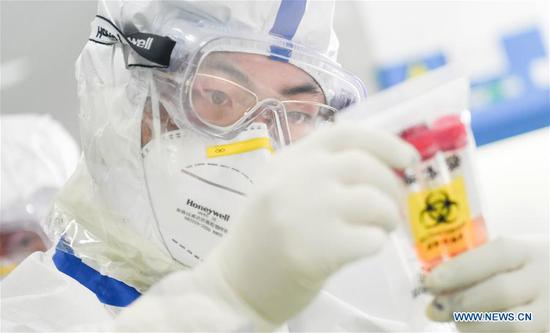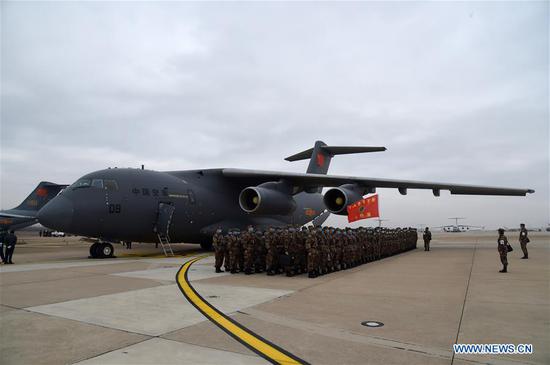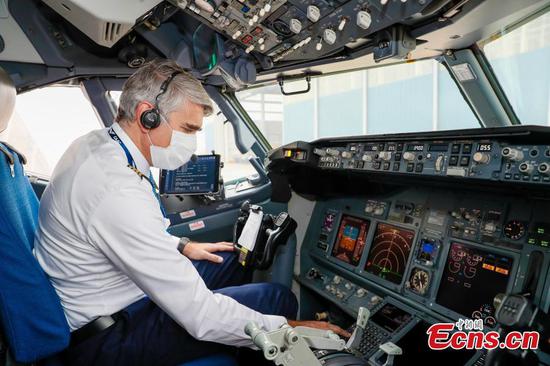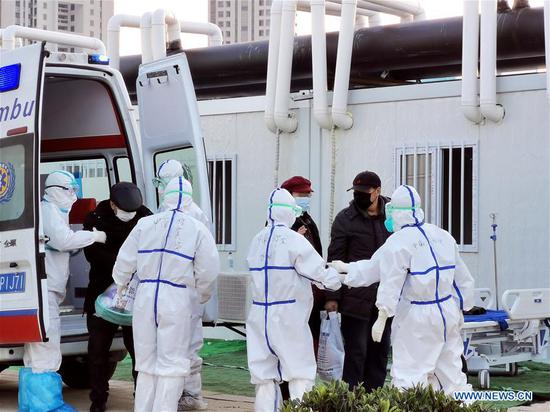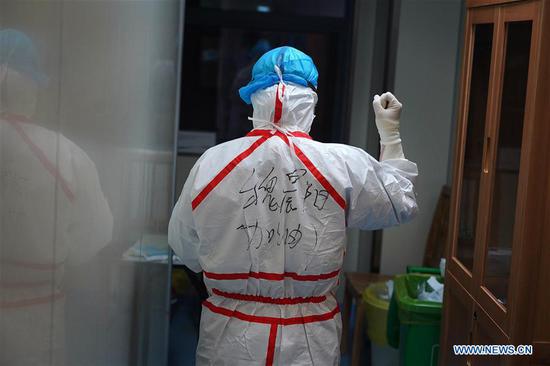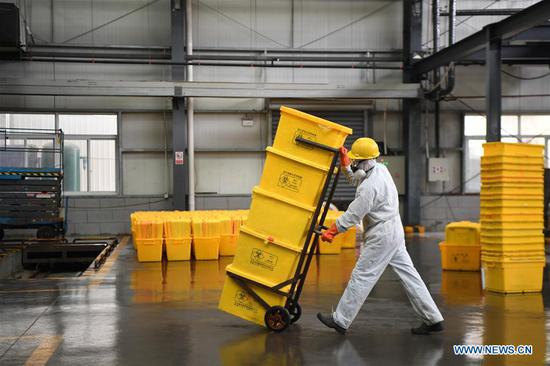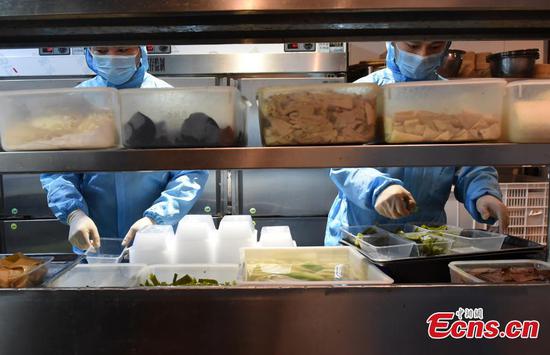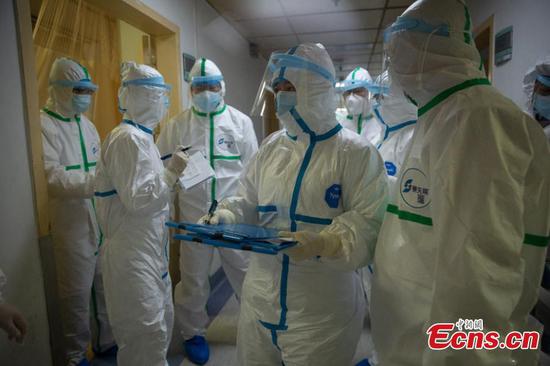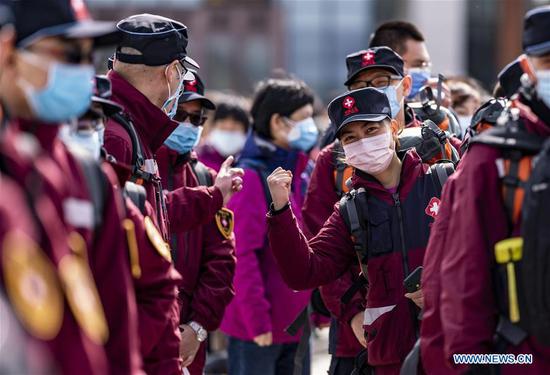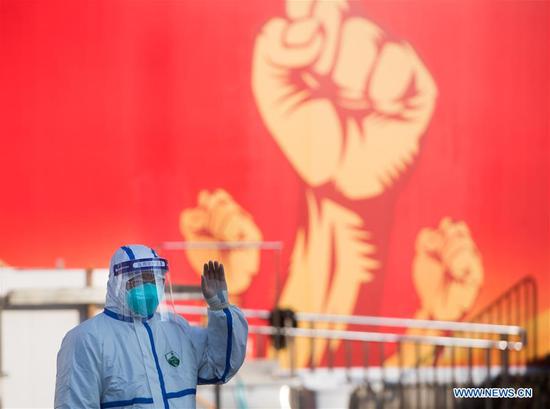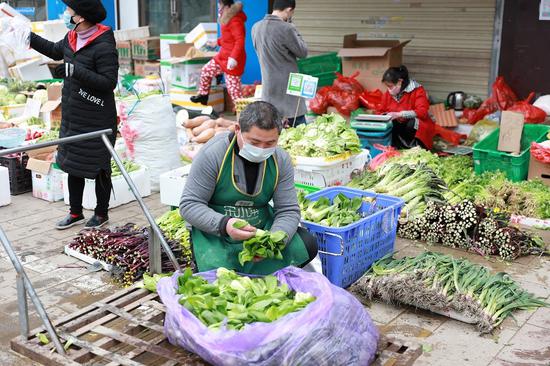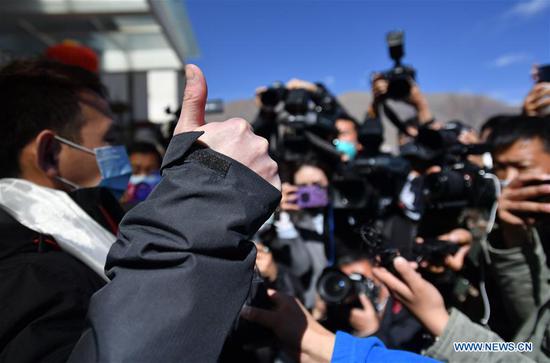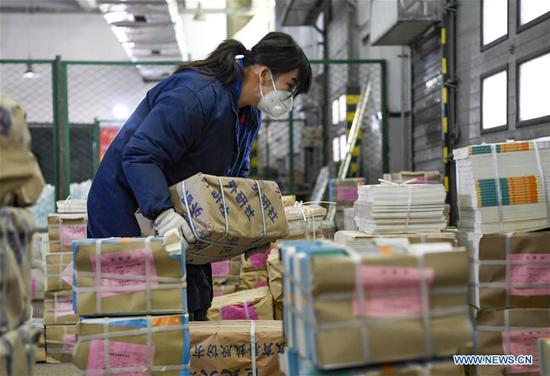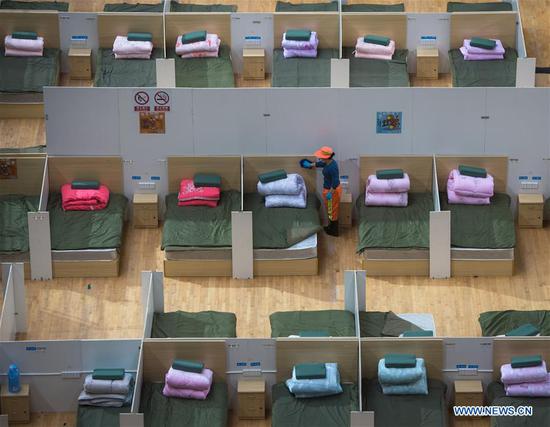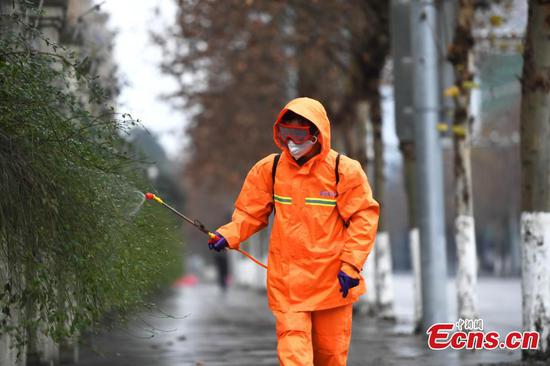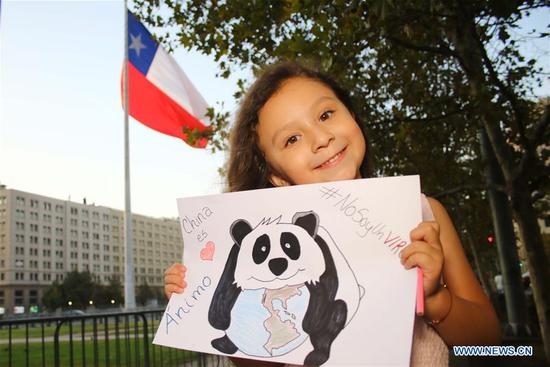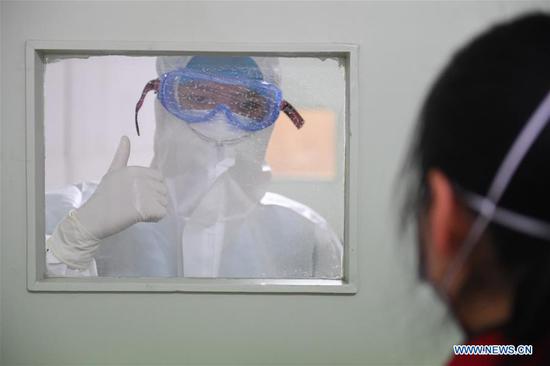The International Monetary Fund expects to see a "V-shaped" recovery of China's economy from the novel coronavirus outbreak, as it is gathering data to assess the full impact, IMF Managing Director Kristalina Georgieva said on Wednesday.
"Let me first say that before we think about the economic impact, we have to recognize that this is a tragedy for people that are affected, those who lose their lives and their families and communities," the Bulgarian economist said.
"And therefore, it is right to concentrate first and foremost on restricting the epidemics and then making sure that less people suffer."
The IMF chief's remarks came at a time when China is now intensifying efforts on two fronts-continuing epidemic control and resuming production to better support outbreak response and preserve normal economic and social order, following an extended Lunar New Year holiday.
The IMF has begun to make a full assessment of the impact of the outbreak on the global economy, but new data is still coming, according to a statement from the 189-member global lender.
"We are still at the point of quite a lot of uncertainty. So I would talk about scenarios rather than projections," she said.
The primary forecast now is for a quick recovery of China's economy as factories gear back up to make up for lost time and warehouses are resupplied, she said.
Impact contained
In terms of scenarios, the more likely scenario is a V-shaped impact, according to Georgieva.
"In other words, sharp decline in economic activities in China, followed by a rapid recovery and a total impact on China relatively contained. Therefore, impact on the world economy is also contained," she said.
The IMF chief noted that there are uncertainties on the nature of the coronavirus epidemic and on the way it is impacting sectors of the economies and value chains.
As people often draw comparisons between SARS in the early 2000s and the coronavirus, Georgieva said the virus is different, China is different and the world economy is in a different place.
"The Chinese economy is much more significant for the world. Then it was 8 percent of the world economy. Now it is 19 percent and it is much more integrated in Asia and with the rest of the world. Therefore, disruptions are more likely to cascade down to other countries," she said.
Georgieva said she expected to have more data based on the restart of factories and production in China within the next week to 10 days.
On Wednesday, China reported its lowest number of new coronavirus cases in half a month. The 2,015 new confirmed cases as of the end of Tuesday took China's total to 44,653.
But on Thursday, as authorities changed their threshold for diagnosis, Hubei health authorities said the hard-hit Central China province reported 14,840 new coronavirus cases and 242 new deaths by midnight Wednesday.
Economists and analysts have offered widely varying forecasts on the impact of the virus on the Chinese and global economies.
Analysts from S&P, for example, estimated on Tuesday that the virus could lower China's GDP growth to 5 percent, while others predicted only short-term minimum impact.
Chinese officials have said the influence of the epidemic on China's economy would depend on the effects of the prevention and control measures against the outbreak.
The coronavirus epidemic will have only a "temporary impact" on China's economy, and the country's good economic fundamentals for long-term growth remain unchanged, Lian Weiliang, deputy chief of the National Development and Reform Commission, said earlier this month.









